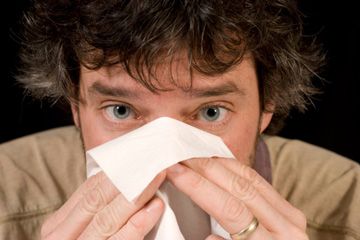
Remember books? Words printed on paper bound between two covers? When Gutenberg introduced the printing press in 1450, books became objects of extraordinary wonder that changed the world. Throughout the centuries these fascinating tactile objects educated and amused, instructed and advised, kept us company on sick days, and curled up with us on rainy nights, sparking our imaginations.
In 18th-century America, lending libraries became the great egalitarian sanctuaries of knowledge where farmers and financiers alike could access for free all the mysteries of the world. But in our current virtual, ephemeral, device-driven culture, books have become marginalized, undervalued clutter, oftentimes casually thrown away. In some cases, bona fide treasures are literally being tossed into garbage bins and kicked to the curb.
Advertisement
Yes, books can end up in some unimaginably filthy places. And sick people sneezing on, touching and tainting the pages of public library books makes a person gulp and shudder to ponder where pretty much any book has been since Gutenberg first fired up his press in 1450.
A couple of cases in point.
Advertisement

